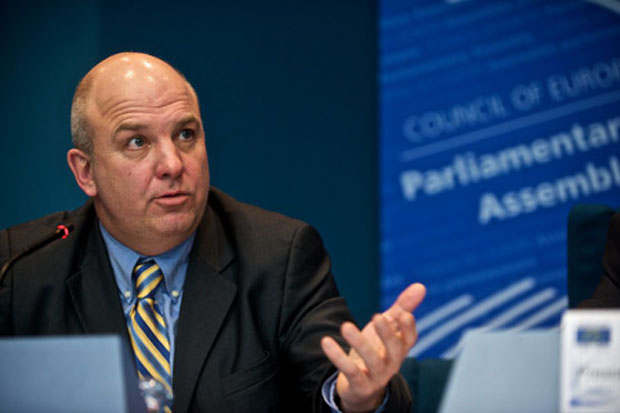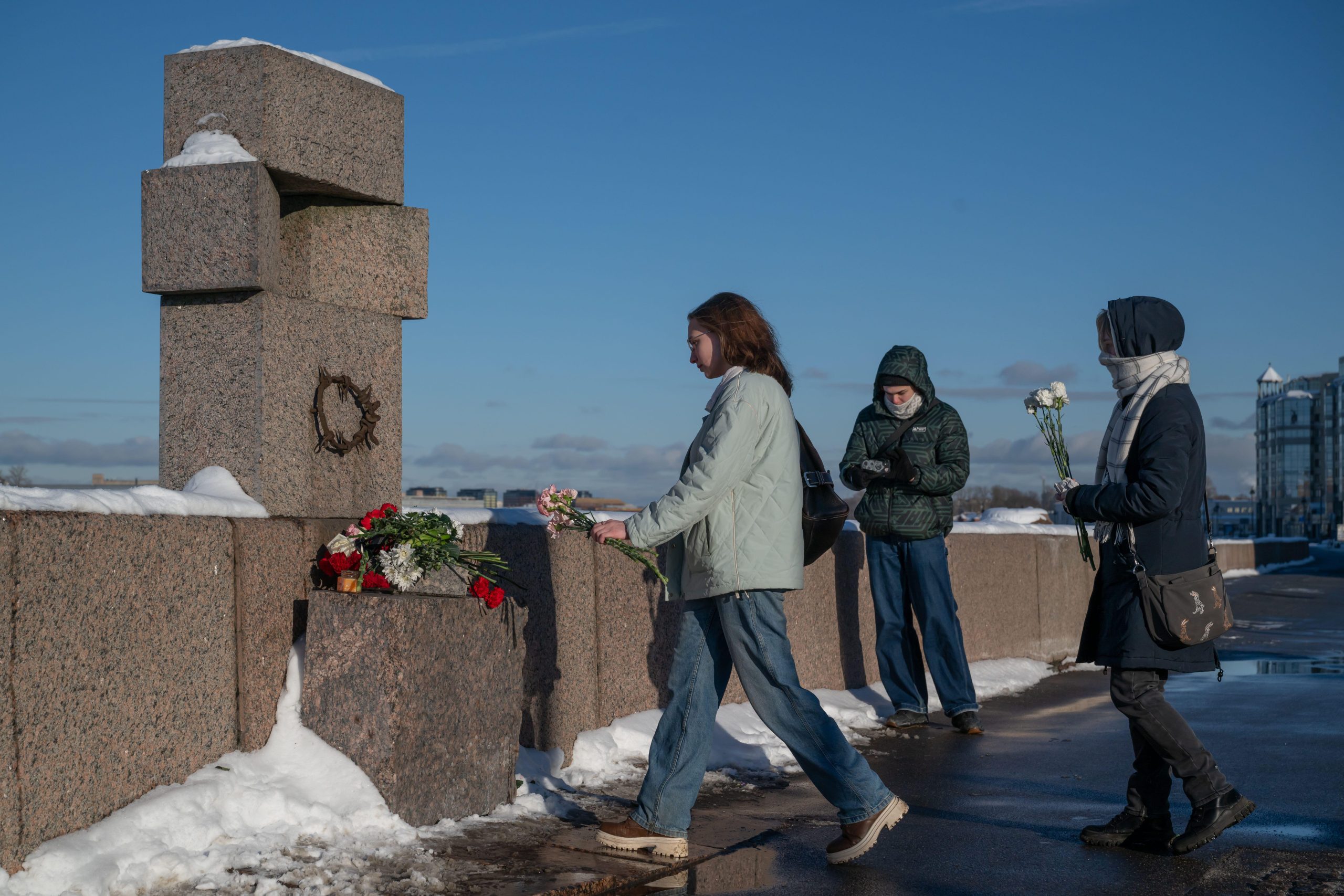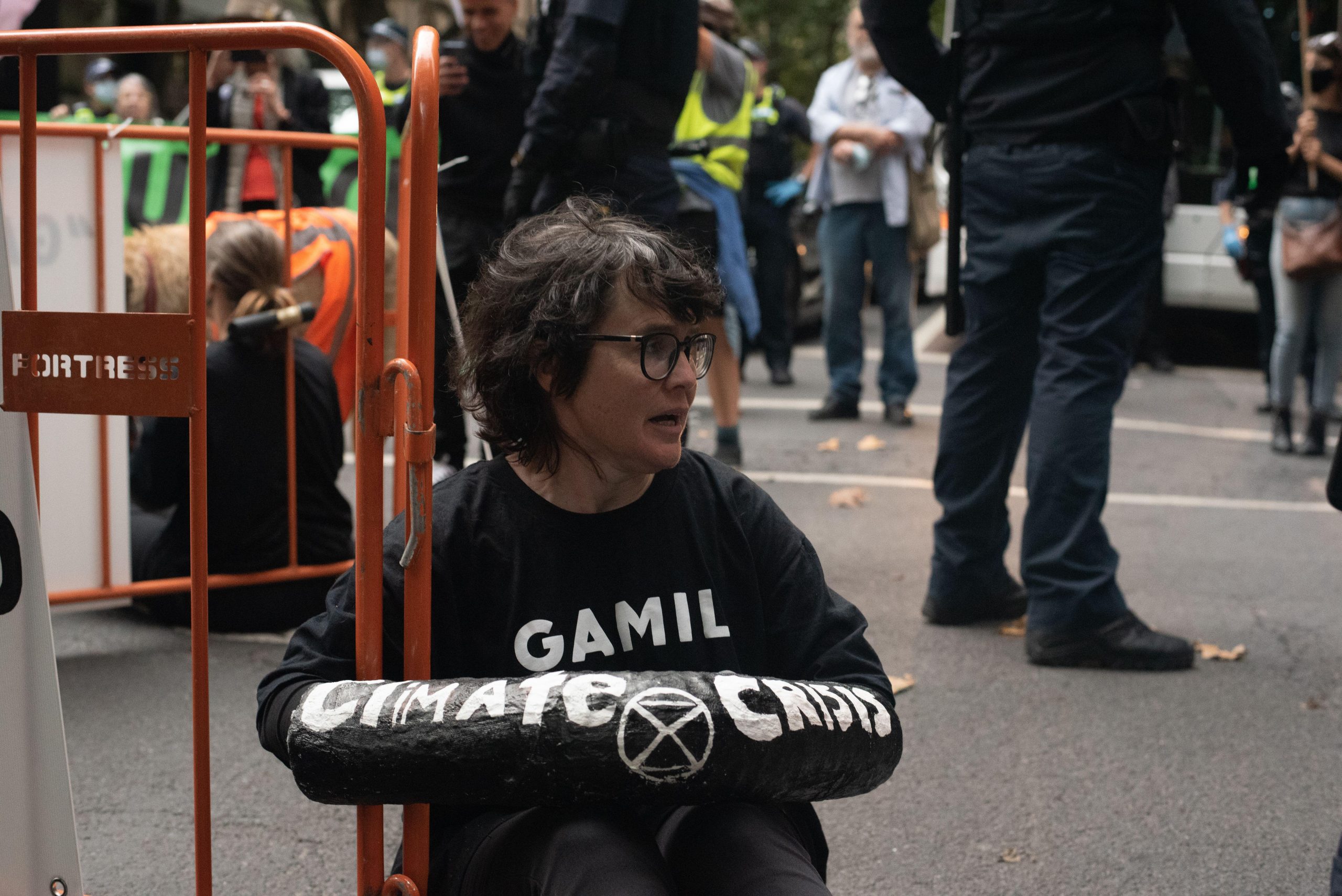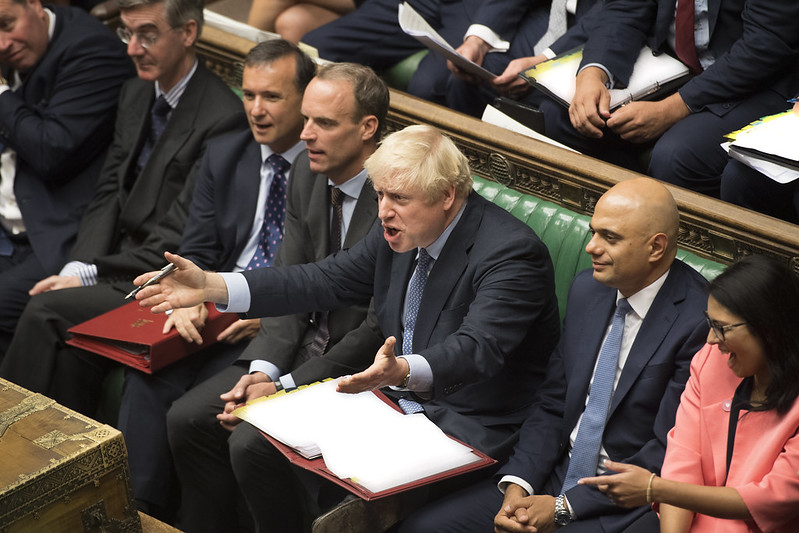I recently returned from one of the most difficult missions of my two-and-a-half year tenure as Council of Europe Commissioner for Human Rights. In late October I was in Azerbaijan, the oil-rich country in the South Caucasus, which just finished holding the rotating chairmanship of the 47-member Council of Europe. Most countries chairing the organisation, which prides itself as the continent’s guardian of human rights, democracy and the rule of law, use their time at the helm to tout their democratic credentials. Azerbaijan will go down in history as the country that carried out an unprecedented crackdown on human rights defenders during its chairmanship.
All of my partners in Azerbaijan are in jail. It was heart-wrenching to visit Leyla Yunus in pre-trial detention outside of Baku, Azerbaijan’s capital. Head of the Institute for Peace and Democracy, Leyla is Azerbaijan’s most prominent human rights activist and one of three finalists for this year’s prestigious Sakharov award, granted by the European Parliament. I do not know whether it was due to her cataracts or her emotional distress, but she cried throughout our half-hour meeting. The 58-year-old also has diabetes, Hepatitis C and kidney problems. She was in particular anguish for not having had the chance to see Arif, her husband of 26 years, for more than three months. He is also in pre-trial detention, despite having had a stroke just prior to his arrest.
The Yunus couple are among the brave activists in the region that have sought to promote dialogue with their counterparts in Armenia, a country with which Azerbaijan has been at war for the last 25 years over the Nagorno-Karabakh region, which was violently wrested from Azerbaijan as the Soviet Union collapsed. Arif and Leyla Yunus have both been charged with the crime of treason. Leyla regularly compiled lists of the country’s political prisoners for submission to international organisations. On October 24, the day I left Azerbaijan, a Baku court prolonged Leyla’s pre-trial detention for another four months.
Another difficult meeting was with Intigam Aliyev, one of Azerbaijan’s most renowned human rights lawyers, who is also in pre-trial detention for allegedly violating the restrictive provisions that make human rights work virtually impossible in the country. Until his arrest three months ago, Intigam was the co-ordinator of the Council of Europe’s legal training programme in the country. He was also legal counsel for dozens of cases against Azerbaijan before the European Court of Human Rights. When the authorities seized all of his documents, including the case files, he said he felt like the rug had been pulled from under his feet. He did not know how he could continue pushing the cases at the European Court or how he could defend himself. Again, the day I left Azerbaijan, his pre-trial detention was prolonged for another three months. When the judge announced his decision, Intigam nearly fainted.
I had a more upbeat meeting with Anar Mammadli, winner of this year’s Vaclav Havel prize, granted by the Parliamentary Assembly of the Council of Europe. Anar has already been convicted to a five-and-a-half-year prison sentence for violating the country’s cumbersome NGO laws (the formal charges were tax evasion, illegal entrepreneurship and abuse of authority). Anar was appealing his conviction and was in good spirits, despite the scant chances of success of his appeal. As one of the country’s most professional organisers of election monitoring, Anar had been harshly critical of several previous ballots in the country. Anar spends most of his time exercising and reading books on political science, philosophy and history. He wanted to know how from prison he could provide input to the Council of Europe’s efforts to assist Azerbaijan improve the legal framework for NGOs.
I also left heartened by a meeting with Rasul Jafarov, the head of an NGO called the Human Rights Club. Though he had had his pre-trial detention extended for another three months the day before I met him, Rasul was in good spirits. Rasul made a name for himself by organising a campaign called “Sing for Democracy” in the run-up to the holding of the Eurovision Song contest, which Azerbaijan hosted in 2012. He had planned to organise a new campaign called “Sports for Democracy” in the run-up to the holding of the European Games in Azerbaijan in 2015. Though he is charged with violations of the NGO law, as we bid farewell to each other, he related his plans to organise a human rights NGO among detainees.
While most of my partners are in detention, others discontinued their human rights work, left the country over the summer, or went into hiding as the crackdown spread. I visited one of the activists in hiding, Emin Huseynov, head of the Institute for Reporters’ Freedom and Safety, an NGO defending journalists in Azerbaijan’s restrictive media context. Though Emin is only 35 years old, he has very high blood pressure and an old spinal injury caused by an encounter with Azerbaijani police batons at an “unauthorised” demonstration a few years ago. Doctors who have examined him say he will not survive an Azerbaijani prison.
These are just some of the activists and journalists languishing in prison or under pressure in Azerbaijan. They are core partners for the Council of Europe – they have all attended roundtables for human rights defenders organised by my office or participated in events organised by the Parliamentary Assembly. The Council of Europe’s primary friends and partners in the country have almost all been targeted. While this pains me deeply, it also makes practical cooperation between Azerbaijan and the Council of Europe extremely difficult. The reprisals must stop. Now.
This article was originally posted on the Facebook page of the Council of Europe Commissioner for Human Rights. It is republished here with permission from the Council of Europe and the Council of Europe Office of the Commissioner for Human Rights.





